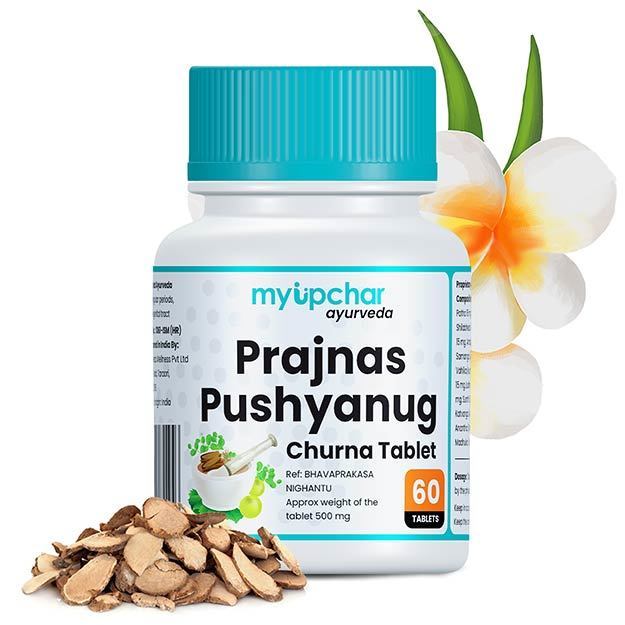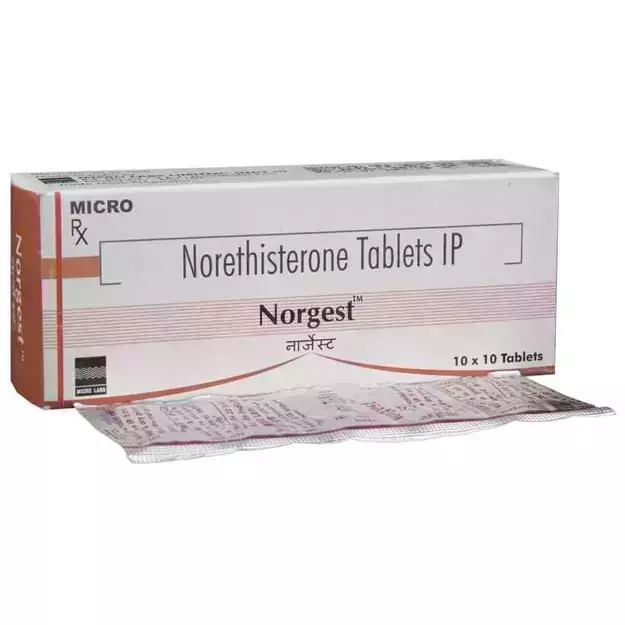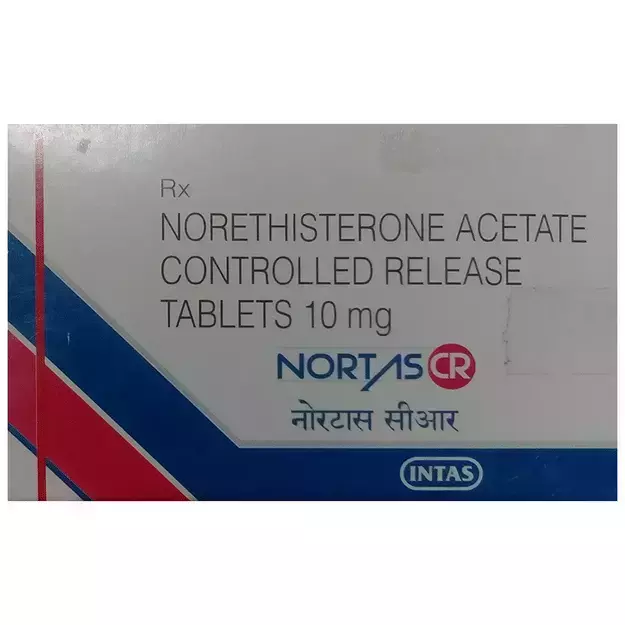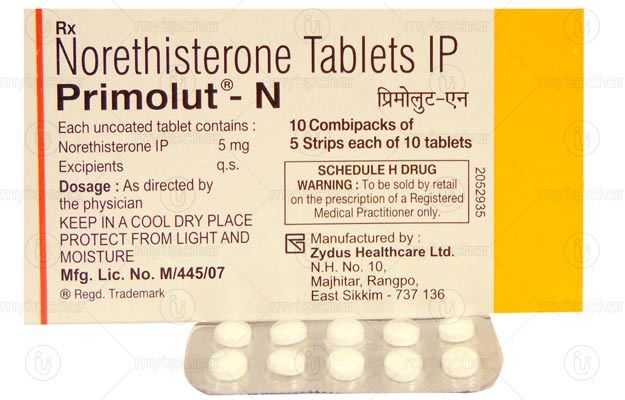Tidilan 20 Tablet (30) is a commercial drug that is prescribed in the form of Tablet. It is typically used for the treatment of Premature Labor. Tidilan 20 Tablet (30) also has some secondary and off-label uses. These are listed below.
Medical history of the patient along with age and gender determines the dosage of Tidilan 20 Tablet (30). Dosage also depends on the route of administration and your chief complaint for which the drug is prescribed. Detailed information has been provided in the dosage section.
Apart from the aforementioned side effects, Tidilan 20 Tablet (30) can also lead to other problems, which have been listed below. Normally, these side effects of Tidilan 20 Tablet (30) are not long lasting and go away when the treatment is finished. Please speak with your doctor if these side effects worsen or persist for a longer duration.
In addition, Tidilan 20 Tablet (30)'s effect is Moderate during pregnancy and Mild for lactating mothers. In addition, Tidilan 20 Tablet (30)'s effects on the liver, heart and kidney are discussed below in the Tidilan 20 Tablet (30) related warnings section.
Individuals suffering from medical conditions like Bleeding, Heart Disease must refrain from the use of Tidilan 20 Tablet (30) since this can cause severe adverse effects.
Additionally, Tidilan 20 Tablet (30) may also adversely react with other medicines. See below for a complete list.
In addition to these precautions, you may also note that Tidilan 20 Tablet (30) is not safe while driving, and is is not addictive in nature.
X



















